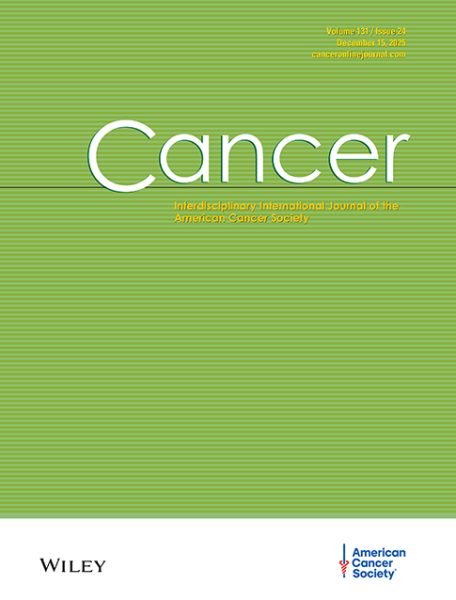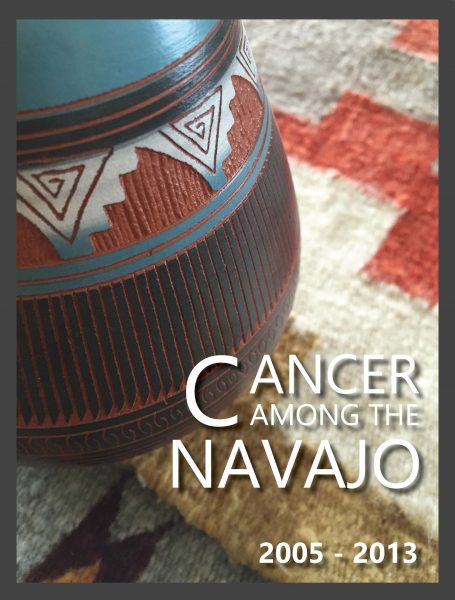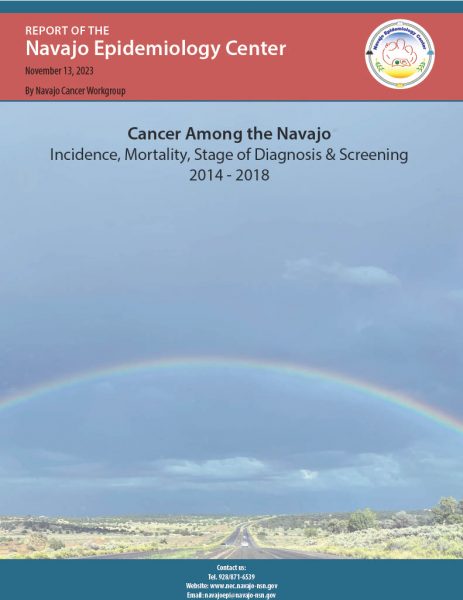C-NACHE project contact
The Navajo Cancer Workgroup: Enhancing impact of epidemiological data for cancer prevention and control among the Navajo people
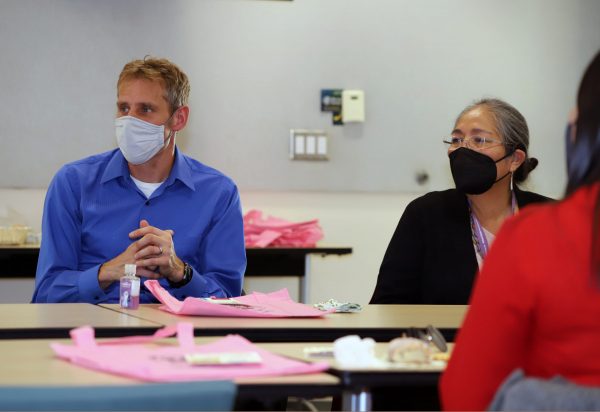
Led by Hendrick (Dirk) de Heer, professor in the Department of Health Sciences, the Navajo Cancer Workgroup study team hopes to impact cancer prevention through the understanding that Navajo cancer health disparities must be assessed by studying environmental contamination, poverty, poor access to care and clean water, disrupted food systems and high rates of diabetes throughout the Navajo Nation.
The study is a collaboration between researchers from NAU, members of the Navajo Cancer Workgroup and regional cancer centers.
“We believe the project is important as it focuses on ways that we can utilize existing registry and epidemiology data relevant to the Navajo people to make a bigger impact on cancer control and prevention,” de Heer said.
About the Navajo Cancer Workgroup
The Navajo Cancer Workgroup was founded more than 20 years ago to enhance cancer observations and promote cancer prevention efforts. It is led by the Navajo Epidemiology Center and includes members of the University of Arizona and University of New Mexico Comprehensive Cancer Centers, academic institutions across the region, representatives of the Arizona, New Mexico and Utah State cancer registries, Indian Health Service, the Albuquerque Area Southwest Tribal Epidemiology Center and others.
“These people represent experts in cancer epidemiology data and are ideally positioned to meet the overarching project goal of enhancing the impact of such data for cancer control and prevention among the Navajo people,” de Heer said.
The Navajo Cancer Workgroup has produced two major reports—Cancer Among the Navajo, 1995-2004, and 2005-2013—based on high-quality, population-based tumor and cancer registry data on incidence, stage at diagnosis, and mortality from the six counties that include the Navajo Nation. The results indicate significantly higher rates of kidney, liver, stomach and gallbladder cancer and lower rates of lung cancer, compared to the U.S. population. Navajo are also diagnosed at later stages than the U.S. population for breast, colorectal and cervical cancer.
The researchers will test change over time and regional variability in cancer incidence, mortality, staging and screening and will develop culturally relevant tools to directly engage Navajo communities, clinicians, and policymakers with Navajo-specific cancer data to drive immediate and long-term cancer prevention and control planning.
Project goals
The researchers hope to:
- Disseminate scientific data across the Navajo Nation.
- Develop a user-friendly data dashboard to share and regularly update the data.
- Engage with collaborators to create a Navajo cancer control and prevention plan based on the data.
“I think C-NACHE as a center provides a strong foundation of resources and expertise needed to effectively engage stakeholders across our region to move the needle on cancer prevention and control in Tribal nations,” de Heer said.
Our project team
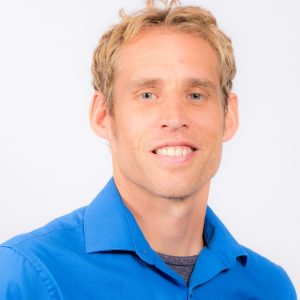
Hendrik de Heer, PhD
Professor, Department of Health Sciences
Contact
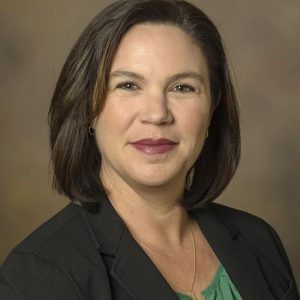
Jennifer Bea
Co-Leader, Cancer Prevention and Control Program
Contact

Chuck Wiggins, PhD
Director, New Mexico Tumor Registry
Contact
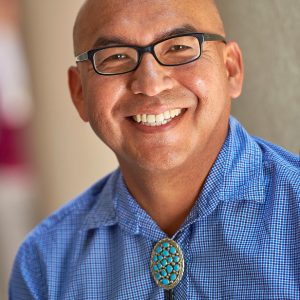
Del Yazzie, MPH
Director
Contact
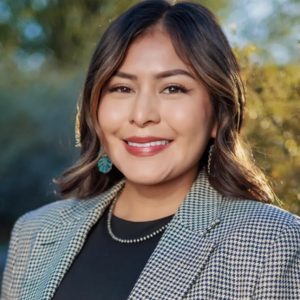
Caleigh Curley, MPH
Doctoral Candidate, Mel and Enid Zuckerman College of Public Health
Contact
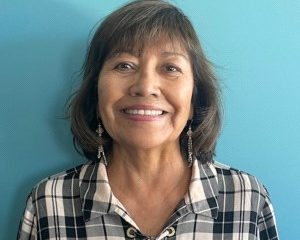
Priscilla Sanderson, PhD
Professor, Department of Health Sciences
Contact
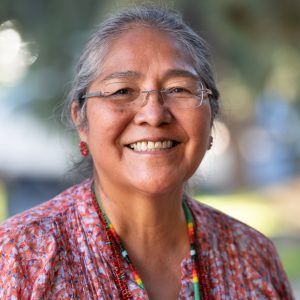
Carol Goldtooth, MPH
Research Coordinator
